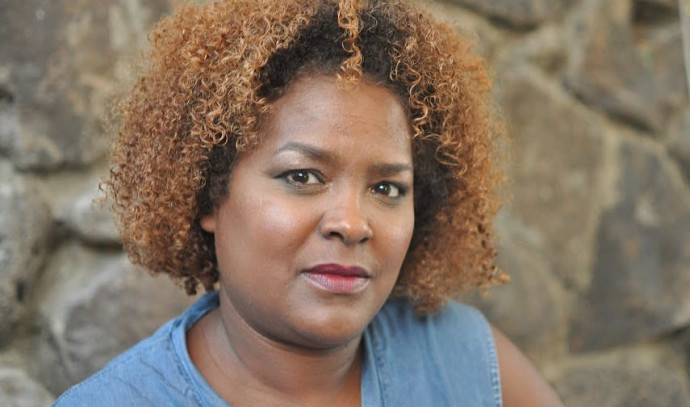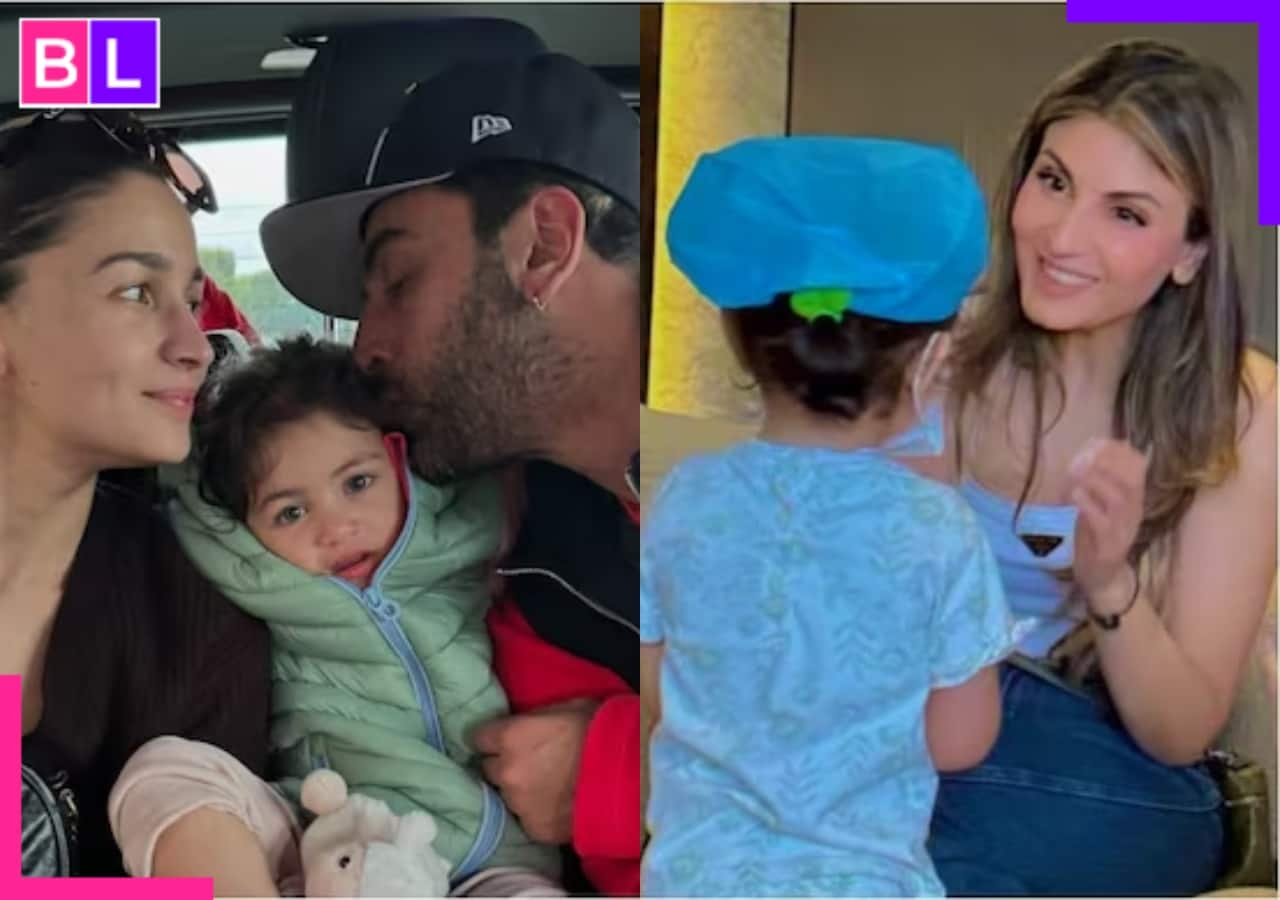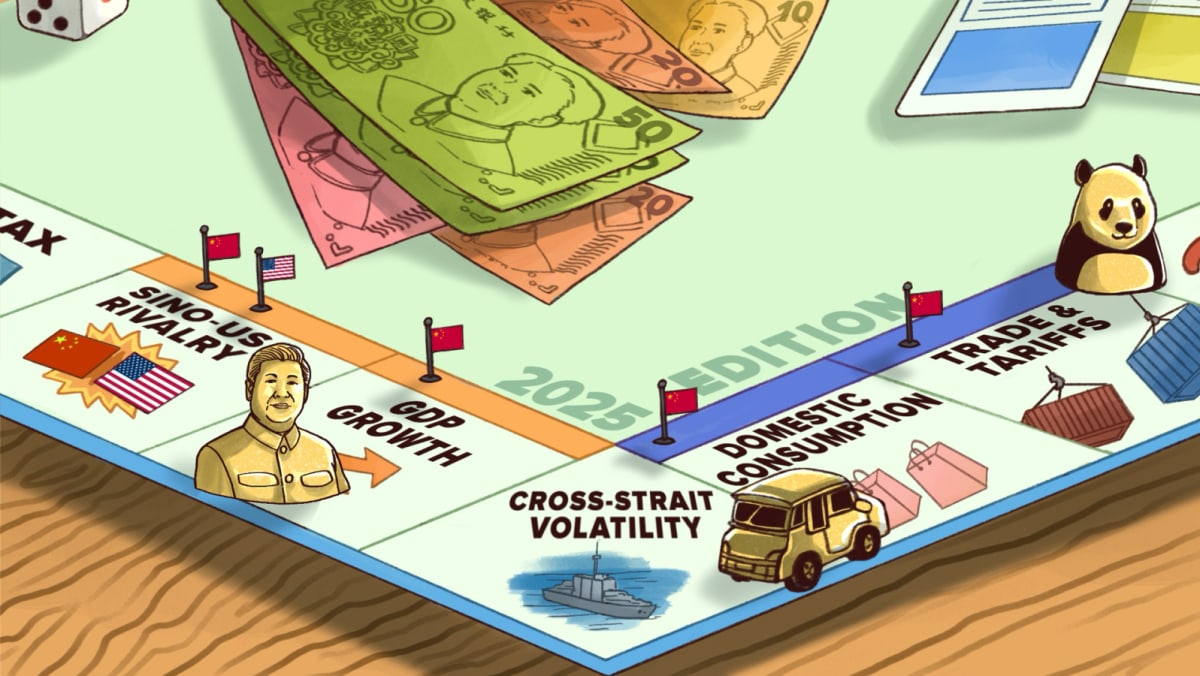Shula Mula was born in Ethiopia and made aliyah with her mother and her two younger brothers in 1984. The road from Ethiopia to Israel passed through Sudan, where young Mula, then aged 12, spent two months in the very unpleasant conditions of a transit camp until a relative managed to get them out.
Mula and her family found temporary refuge in the yard of a Sudanese who agreed to hide them on the condition that they keep silent all day long and go out to seek food only at night.
It took time to get there, but upon reaching the Promised Land, the family took up residence in Kiryat Gat. Mula was sent to a religious boarding school. After matriculation, she did a stint in civil service and then moved to Jerusalem, where she joined – initially as a volunteer – the fledgling Israel Association for Ethiopian Jews, later serving as its director for a decade.
Today, with bachelor’s and master’s degrees in education and a Phd. in communication through education, Mula, married and mother of four, is identified with the struggle of her community against racism, prejudice and discrimination.
Why and when did you move from Kiryat Gat to Jerusalem?
After ulpana (boarding school), I completed my civil service and was looking for something meaningful to do, but then my mother fell ill and I had to take care of her and of my little brothers. A relative of ours who worked for the Jewish Agency forged a contact with a high-ranking official who literally “discovered” me and believed in my potential. He managed to trade our state-owned apartment in Kiryat Gat for another unit in Jerusalem so I could study there. That move changed my life from the bottom up and I decided to go to the university.
How and when did you became involved in activism?
During my first month at the university, I saw an ad about a meeting of Hila, an association for the promotion of education in the periphery. It said that then-education minister Zevulun Hammer would be taking part. I made up my mind to be there to seek help for my brother, who was tracked to the special-needs education stream, even though he had no relevant problem. We had some difficulties with him at home – he did need some help, mostly emotional – but the school’s decision that he was a special-needs case was mistaken.
I obtained permission to present my brother’s case in five minutes to Hammer and in fact, it was at that moment that my identity as an activist was born. I realized that if my brother’s last name had been Friedman or Suleiman, the misunderstanding wouldn’t have happened. I was angry, and knowing this happens to other children made me even angrier. But I didn’t want my outrage to simmer. I wanted to do something to effect change.
What happened next?
Someone from the audience gave me a hug and the number of Micha Odenheimer, who had just created the Israel Association for Ethiopian Jews. Odenheimer welcomed me and invited me to be part of the association. Thus began a long partnership with this group, from being a volunteer up to the point I became its director for 10 years. One of the assocation’s early projects was the play Natala Shhora about the life of Ethiopian Jews – in which I even played a role; then I served as a lobbyist at the Knesset. I created the association’s strategic research unit to facilitate a more advanced and academic examination of the Ethiopian community while I was studying.
What is your academic field?
I have a bachelor’s and a master’s in education, and recently I obtained my Phd in communication, with a thesis focusing on the role of communication in the education system, between teachers and students at all school grade levels.
After a decade with the association, I went to work for the Mandel Institute. This professional move came just in time for me – I was worn by the constant fights with the establishment. I felt like I was at war, battling for everything, every issue.
This involves fighting for every single step, proposal, decision, project for the community, going up against ministries, local councils, other associations and education administrations, often with marginal results. It can be very exhausting, and these days it is only getting more difficult. This is not comforting.
What was ultimately so hard about it all?
The damage done to people does not come from ill will or wickedness. It’s the way of the establishment, any establishment, to protect itself and preserve its status. In fact, it is even harder than facing evil because when you confront evil you may know how to handle things. But I had to face people who were, and still are, convinced they are the best people in the world. They consider themselves liberals who are so sure they are doing the best for you, but they are so blind – so unaware of the wrong things they are doing, of their inability to understand. It is exhausting.
Your husband is also from Ethiopia. In your culture, is it unconceivable to marry someone who is not from Ethiopia?
When I was younger, about 19, I had my first experience with someone who was not Ethiopian. On one side, it was quite a daring step, in my community you don’t do such a thing – being seen with a boy. When his mother saw us together, she scolded him in a foreign language I didn’t understand (I realized later it was Moroccan Arabic), but I did understand one thing: “kushim ktanim” (little black children).
That I understood very well. It was the first, but not the last such case.
How did you feel?
I still didn’t know it was racism, but I felt I was not welcome here, that perhaps we all [our community] are not desired here. I thought, I believed then, that we all came here to be together, so I understood this was not the reality for everyone.
What else did you learn from these experiences?
I learned that not all ferengim [the word used by Ethiopians for non-Ethiopian people] who say they are liberals and open-minded are like that. It took me time. I also learned that not all Ethiopian men are as chauvinistic as I had thought.
What attracted you to the issues of communication and education?
The result was enlarging the already existing gap, and not only for Ethiopian parents. When everything is online, what happens to those who don’t have access and are out of the loop? Even inviting parents for meetings with the teachers was through the website.
That’s what convinced me to write my thesis on communication in education after I did my master’s degree on racism in the education system and how to face it. So I work at Matah – Center for Educational Technology, where I run special training sessions to help teachers understand the problem and learn how to overcome their own racism.
What is it like, working with educational staff?
Plenty of things come out. It’s overwhelming, the things that we discover about prejudice, racism… it’s tough, but we make good progress.
What is the area of greatest concern today – the politicians, the education system?
The media are our primary enemy. That is where I see the worst problem – and it comes especially from the so-called liberals and humanists. The dichotomy I once assumed does not reflect the reality. It’s not left-wing and right-wing. This traditional partition doesn’t apply here. When it comes to us, the Ethiopians, all “white” people are racist – most of the white people in key positions are racists.
I am particularly angry at the so-called Left: liberals, progressives. There are individuals who are different of course.
If it were totally in your hands, how would you proceed?
I would redo the system from scratch. The system doesn’t work. We have an old establishment, in fact a “caste” that nobody from the “outside” can ever penetrate. We should do a reset, right from the beginning, all over again. I’m not talking about reversing the order, I don’t want to see those who are despised and deprived today becoming the repressive element of tomorrow. That’s not what I want. I’m not looking for revenge, I’m looking for correcting injustice.
What message do you hope to convey to your children?
Be part of the rebuilding of our society so this place becomes a place for all of us.







